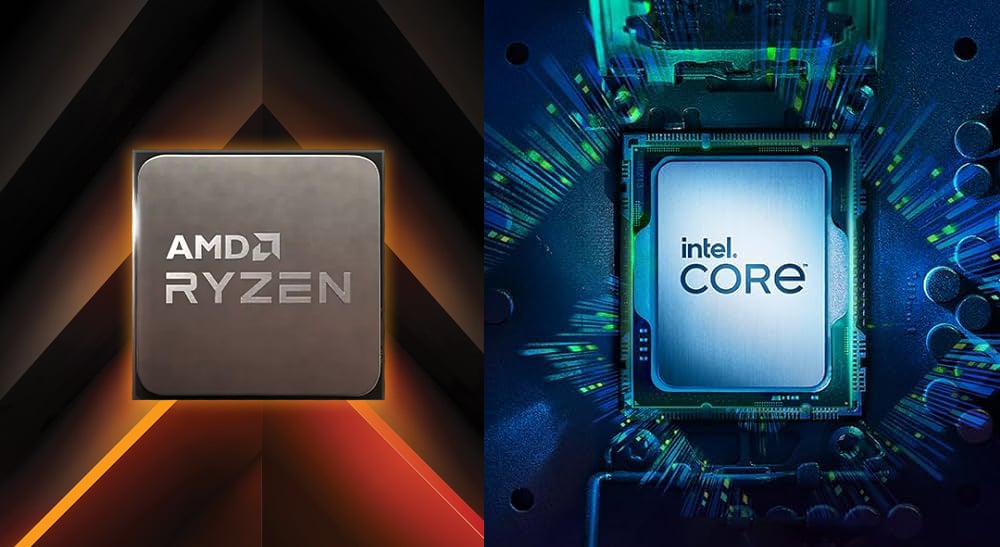
Today is the day for a full comparison between Ryzen 5 and Core i5 CPUs, with pros and cons for each evaluated.
How do these CPU series from rival manufacturers compare in the same pricing range? Which one is a better choice for you and your PC build and the workloads you’re running most often?
Let’s get into it!
A Brief on Ryzen 5 and Core i5
The AMD Ryzen 5 and Intel Core i5 are two fairly similar series of CPUs from the biggest processor manufacturers in the world, and that’s no accident.
Ryzen 5 debuted as direct competition with Core i5 in 2017, and in the years since, has served to constantly push the core counts of the mid-range it and i5 occupy higher and higher. This budget range getting more multi-core muscle while remaining among the strongest-balanced for single-core performance has been one of the better improvements to the CPU market over time, and it’s a trend I hope to see continue.
As mid-range CPUs, it’s important to note that these CPUs won’t necessarily provide the raw performance and throughput you may need for professional 3D work or video editing at high resolutions.
While the mid-range of CPUs gets more and more powerful with each passing generation, the true crème de la crème of CPU performance for productivity has always started at the desktop high-end (Core i7/Ryzen 7) and is best on HEDT or Server boards (Xeon, Epyc, Threadripper, etc).
Even prosumers who are eyeing these CPUs for their power in gaming workloads should expect to make some graphics quality compromises if they plan on also live-streaming that content.
Intel and AMD are both committed to remaining competitive in this price range, and the modern showings from Ryzen 5 and Core i5 alike reflect this. Let’s start digging deeper into the comparisons, though!
Ryzen 5 vs Core i5: Full Comparison With Pros and Cons
Ryzen 5 vs Core i5: Single-Core Performance
At the time of writing, the latest Intel Core i5 CPU is the Core i5-14600K, which is a marginal refresh of the 13th Gen 13600K on the same socket that performs near-identically. Meanwhile, the latest Ryzen 5 CPU is the Ryzen 5 7600X, which is competing with both CPUs but still standing up relatively well due to the iterative nature of Intel’s latest refresh.
That said, let’s start diving into some benchmarks! Single core performance is a metric that will have the highest impact on applications that can’t be easily parallelized, especially real-time viewporting in 3D workloads and, of course, gaming performance.
First up, I think it’s worth sharing Puget System’s Cinebench Single-Core benchmarks for the latest Core i5 and Ryzen 5 CPUs.
While Cinebench historically has something of an Intel bias, more recent versions have alleviated this and even added the Redshift GPU rendering engine to further improve the real-world reflectiveness of Cinebench’s benchmark results. (Cinebench is technically meant as a benchmark for the 3D Software Cinema 4D, but is more regularly used for CPU comparison outside of Cinema 4D users.)
As reflected in the benchmarks above, Intel is managing a…mostly marginal lead in single-core performance over Ryzen CPUs outside of gaming workloads.
For gaming workloads, I’m going to take a look over at GamersNexus and their CPU benchmarking for more real-world benchmarking outside of synthetics.
In games, the Intel lead is generally stronger, but there are some exceptions where the latest Ryzen 5 chips can take the lead. This has historically been the case, making Intel the most popular pick for PC gaming, but the introduction of Ryzen X3D chips actually helps boost AMD’s single-core performance significantly. The X3D design applied to Ryzen 7th Gen would likely give AMD an advantage here, but at the cost of some multi-core performance.
Winner: Intel, unless AMD Makes Ryzen 5 X3D Chips
To check the current status of CPU single-core performance (including benchmarks!), check out Alex’s CPUs With The Highest Single-Core Performance list. That list is kept up-to-date with the strongest CPUs in the industry.
Ryzen 5 vs Core i5: Multi-Core Performance
Next, let’s start diving into how the Core i5 and Ryzen 5 compare in multi-core performance. Multi-core performance is the metric you really want to pay attention to if you’ll be putting your CPU to work in multiple workloads at once or workloads that scale well across many cores.
In this price range, the best in multi-core performance is definitely out of our hands (i7, i9, and R7, R9, and even Threadripper tier of CPUs). Still, if you’re willing to accept compromises to your workflow, you may be able to get professional use out of CPUs of this caliber.
Anyway, let’s dive into the benchmark! I’ll mainly use Puget System’s DaVinci Resolve benchmark for this, as Resolve is a highly popular video editing application that scales well and should put on a good showing for both Intel and AMD CPUs alike.
As reflected in the scoring of the Puget Systems benchmark (do check out their great coverage) above and many other multi-core benchmarks comparing 7th Gen Ryzen 5 to 14th Gen Core i5, Intel actually is managing a solid lead on AMD in multi-core performance this generation, which is quite impressive considering their track record.
While these differences are hardly mind-melting, seeing Intel take even a slight lead in multi-core performance is rare when AMD usually just has more cores to throw at the problem. It seems like the shift in recent years to a P-Core + E-Core design has served Intel well. And their excessive use of power, as well, but more on that later.
Winner: Intel
To monitor who is providing the best multi-core CPU performance today, use Alex’s CPUs With The Highest Multi-Core Performance list. Like the single-core list, Alex works hard to keep this one up-to-date.
Ryzen 5 vs Core i5: Overclocking Support
As you may know, CPU overclocking comes with an extra price premium on Intel compared to AMD.
This is because Intel reserves overclocking functionality for only their highest-end chipsets, while AMD unlocks the feature pretty early on in their chipsets, with many entry-level boards perfectly capable of a modest overclock.
At the time of writing, I will say that Intel OCing actually can get cheaper than AMD if you choose to downgrade to a last-gen DDR4 RAM platform instead of using DDR5.
However, when both platforms use the same type of RAM, AMD will consistently have a lead in pricing for overclocking support.
Winner: Ryzen 5 For More Accessible Overclock Pricing (Usually)
Ryzen 5 vs Core i5: Long-Term Platform Support
If you’re buying a PC with the expectation that you’ll be able to upgrade it for years to come, you should choose your CPU and motherboard provider carefully.
Right now, AMD has launched the 7th Generation of Ryzen CPUs on their new AM5 socket, which is slated to be supported until at least 2026. The AM4 socket was supported for five years and five CPU generations.
Meanwhile, most Intel sockets last no more than two years— though Intel’s current socket has actually lasted for four entire CPU generations, which is impressive for them. However, this socket is likely on the edge of retirement, knowing Intel and considering the industry pivot to DDR5.
If you want the most CPU upgrade options for the longest period of time…AMD has almost always been (and will likely continue to be) the better choice, especially now when Intel is expected to introduce a new Socket at any moment.
Winner: Ryzen 5 For AMD’s Socket Lifetime Track Record
Ryzen 5 vs Core i5: Power Consumption
Last but not least, let’s compare the Ryzen 5 and Core i5 in power consumption! Fortunately, just about any benchmarking application should be able to bring out the maximum power draw of a given CPU, so we don’t need to be picky about how we compare this one.
Today, I’ve opted for GamersNexus’ power consumption benchmark, which uses a 5-minute Blender run to gauge how much power is being used by a given CPU.
While AMD may be slacking a little in performance this generation, they’re maintaining a comfortable lead in power consumption, which is good for anyone hoping to save a little money on their power bill and wants to build a cool and silent PC.
Winner: Ryzen 5 For AMD’s Lower Power Consumption
Ryzen 5 vs Core i5: Conclusion
Overall, the winner of Ryzen 5 vs Core i5 will depend on what you, as a consumer, want to prioritize most in your CPU.
The two have become shockingly competitive in single-core and multi-core performance alike over the years, so the biggest decision you’ll be making is choosing whether to invest in Intel or AMD advancements for the next 2-4 years, depending on how long the board is supported.
Personally, I’m most heavily considering a Ryzen 5 if they begin making Ryzen 5 X3D chips, as that would likely provide the necessary edge for Ryzen CPUs to become the dominant gaming choice while maintaining strong multi-core performance in other workloads.
Otherwise, Intel Core i5s are so well-balanced for gaming and productivity workloads alike that I find them difficult to resist— though I’d consider waiting for 15th Gen and its corresponding socket if you have any interest in upgrading to future Intel CPUs.
Go Intel if you don’t want to compromise on single-core performance, and AMD if you’re looking to build a quiet PC that draws less power. Apart from that, the two are very competitive at the moment, and you can’t really go wrong with either choice.
FAQ
Is Ryzen 5 or Core i5 Better For Gaming?
In most cases, an Intel Core i5 will most likely have some kind of a performance lead in gaming over a Ryzen 5 CPU. However, the introduction of Ryzen X3D CPUs has muddied the water on this.
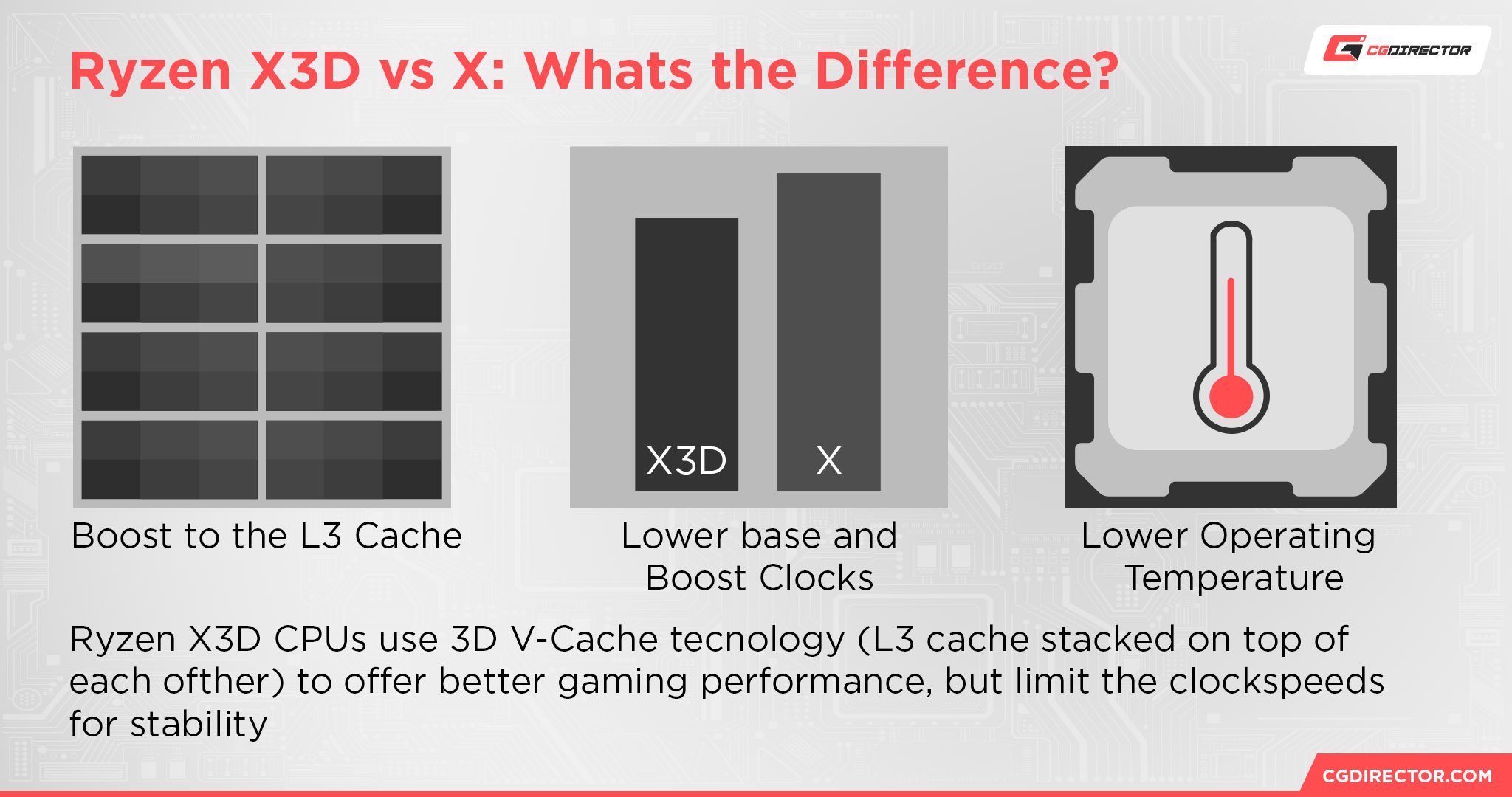

If it’s a Ryzen 5 X3D CPU of the same generation as your Core i5, it might actually be faster. Otherwise, AMD has mostly closed the gap but Intel has been the reliable gaming performance champ for so long that some may prefer not to switch platforms at all.
When Should I Consider Ryzen 7 or Core i7 Instead?
If your goals for your PC go beyond personal gaming or editing/creation as a hobby, it may be time to upgrade to a Ryzen 7 or Core i7 CPU.
That higher tier of CPUs won’t do much to improve your single-core performance, but boosting core and thread counts should give you plenty more flex room for things like live-streaming, and serve to greatly reduce otherwise-long render times.
Over to You
And that’s all, for now!
I hope this piece on Ryzen 5 vs Core i5 helped break down the actual differences between these two mid-range CPU series for you and helped you decide between AMD or Intel for your next mid-range PC build.
Over the years, the fierce competition between AMD and Intel has given us mid-range chips with astounding single-core performance and thread counts that used to be unthinkable in this price range.
Now, though, we’re in a golden era for buying CPUs, especially well-balanced mid-range CPUs.
The only real way to go “Wrong” these days is buying just before a new upgrade cycle hits, but that has been a possibility since the PC hardware market was born and it will continue until it dies. I truly feel comfortable recommending both Ryzen 5 and Core i5 for this reason.
Let me know in the comments below if you have any questions, concerns, or criticisms regarding this article! If you just need some tech help, that’s fine too, though you may also want to consider our Forum in order to speak our community’s Experts and Enthusiasts, too.
Until then or until next time, happy building! And remember: SMT/Hyperthreading doesn’t really do anything for games; that’s more of a streaming or multitasking kind of feature.

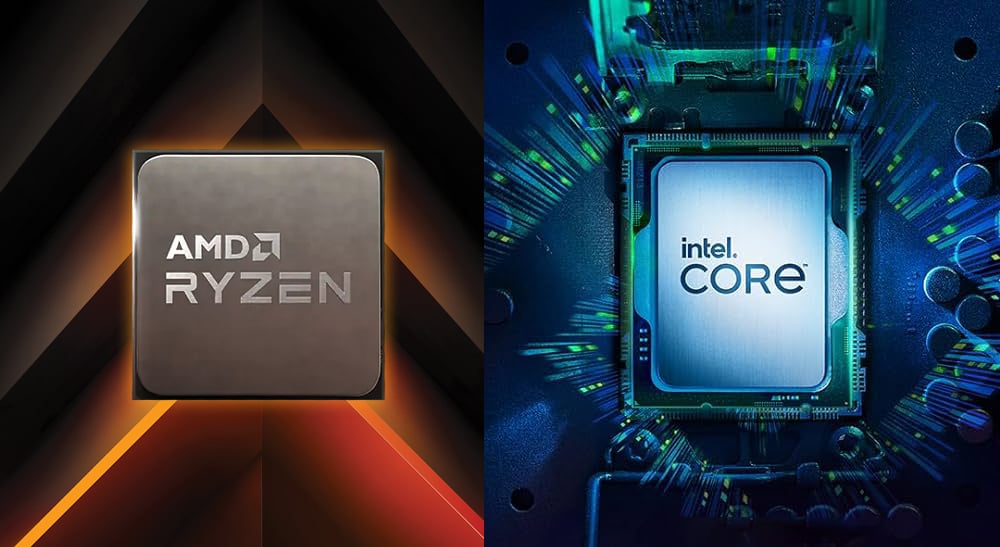
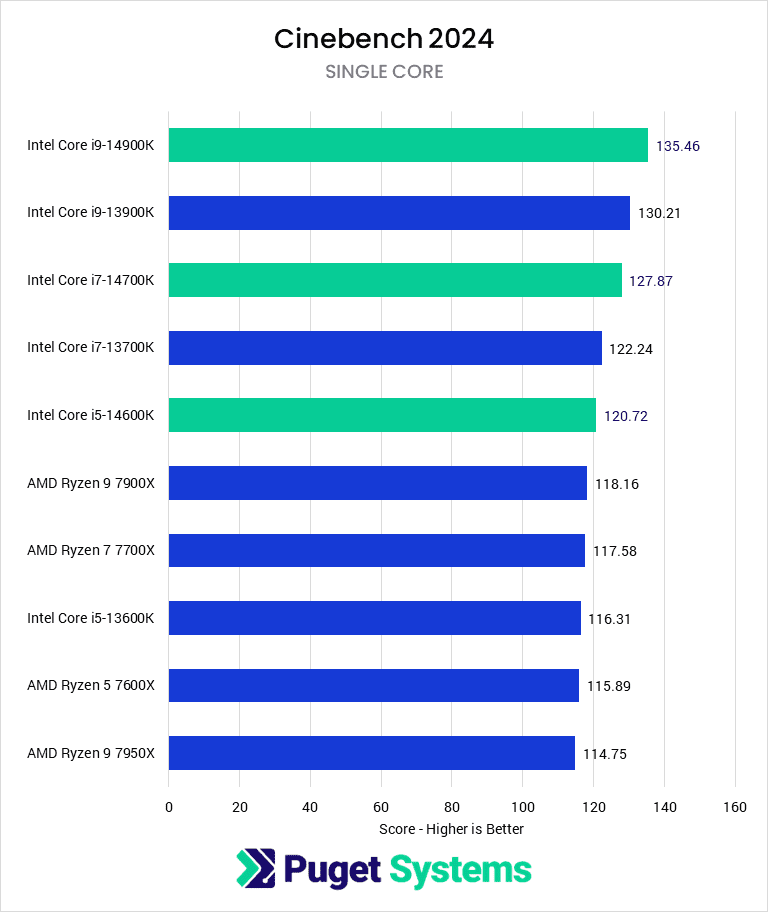
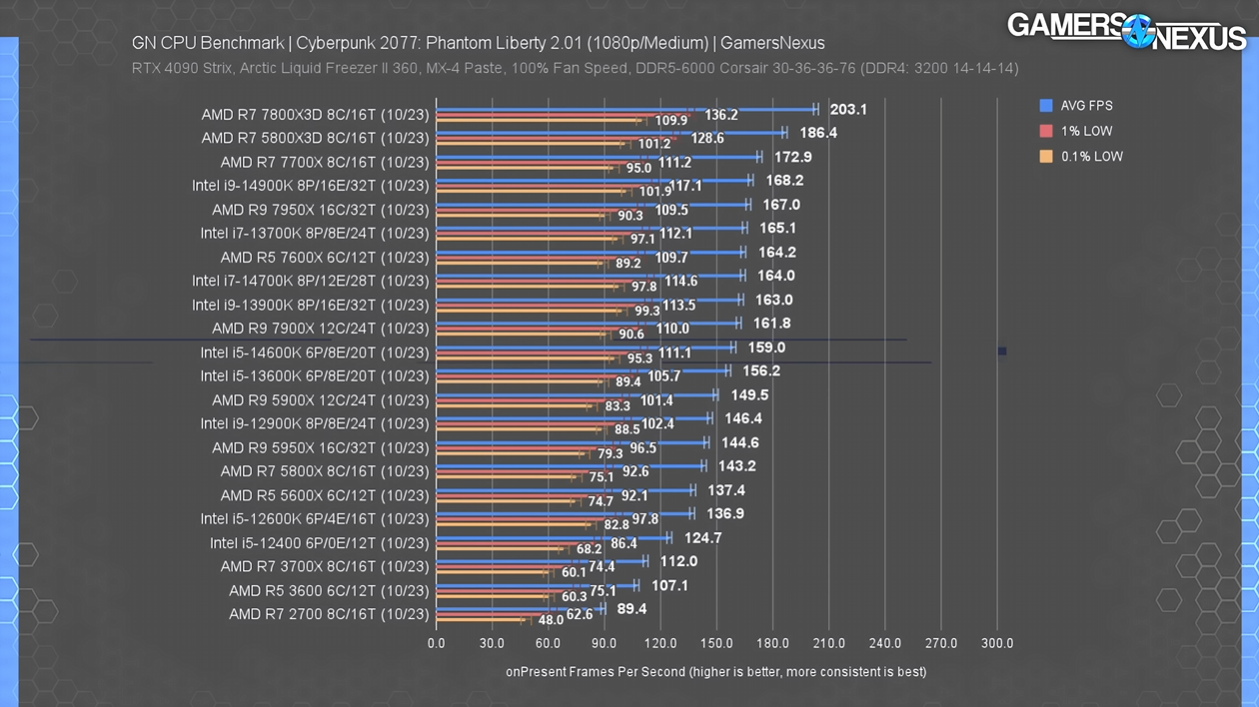
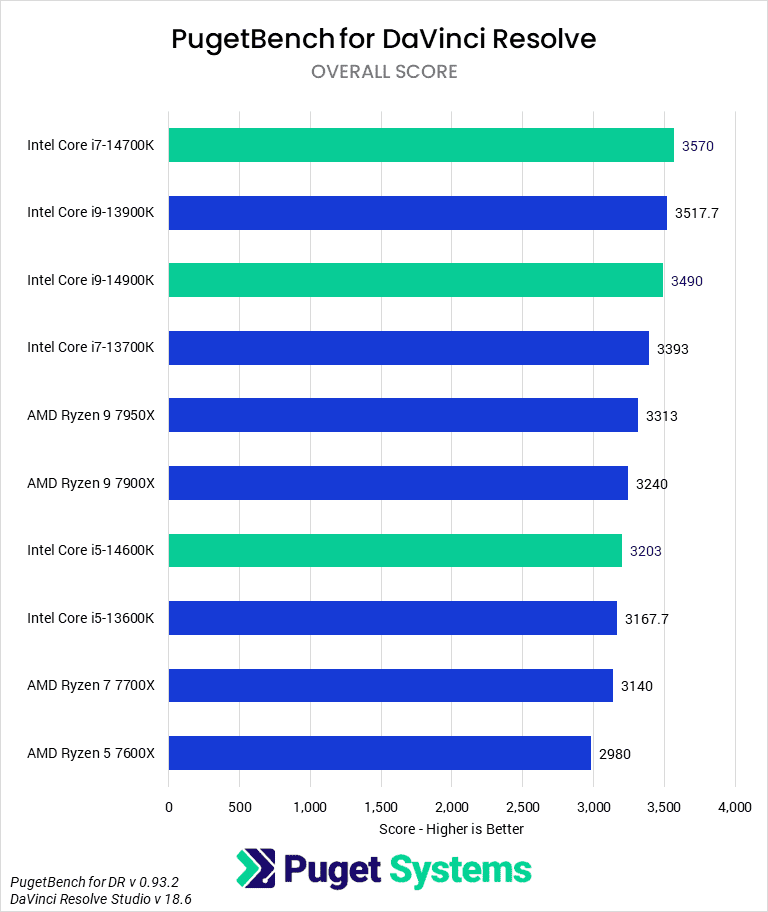
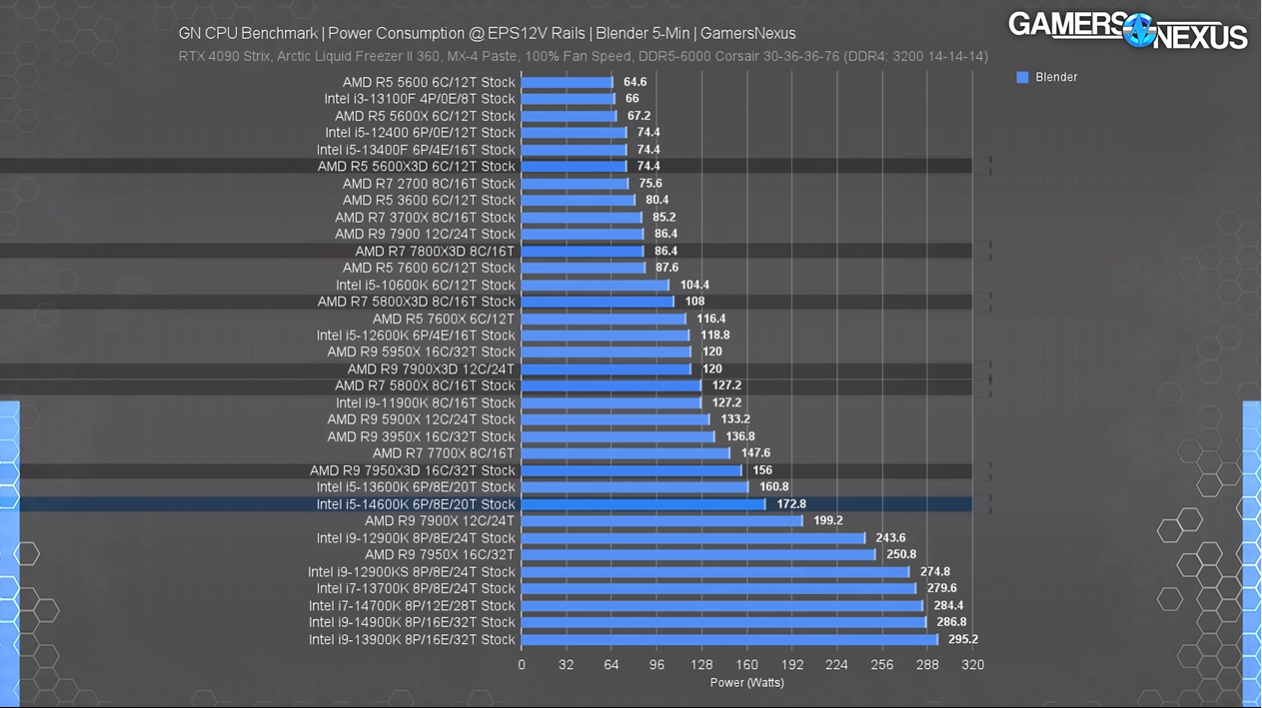
![AMD Ryzen 5 vs Intel Core i5: Full Comparison [2023 Update]](https://funtechnow.com/wp-content/uploads/thumbs_dir/IRS-to-Let-Some-File-Taxes-for-Free-in-New-qe1uroir0kzeahs0fvbk6ytyq25dzzo6cv2zm0wsho.png)
![AMD Ryzen 5 vs Intel Core i5: Full Comparison [2023 Update]](https://funtechnow.com/wp-content/uploads/thumbs_dir/Iris-Lens-The-Leica-camera-Blog-qez4gzgwuzblfphko28auys06sg1ptdorpd6gsgcos.jpeg)



